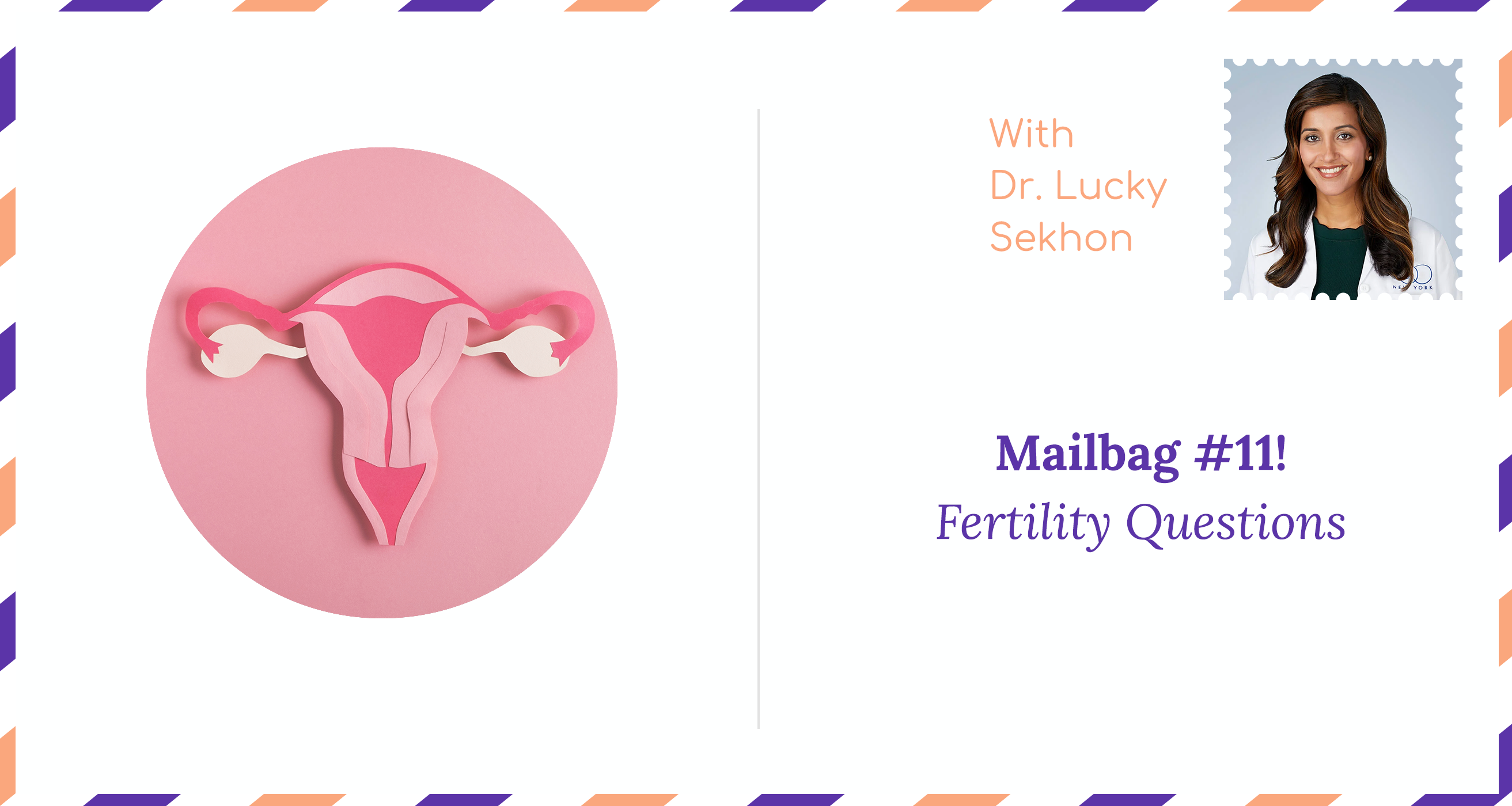In the latest episode of the Healthful Woman podcast, host Dr. Nathan Fox, an OB-GYN and maternal-fetal medicine specialist, sits down with renowned fertility expert Dr. Lucky Sekhon to answer listener-submitted questions in the eleventh installment of the “Mailbag” series. From the impact of alcohol on fertility to the likelihood of natural pregnancy after IVF or miscarriage, this episode covers topics that many aspiring parents are curious about.
Does Alcohol Affect Fertility?
One of the first questions addressed in the episode is whether alcohol consumption impacts fertility. Dr. Sekhon explains that while excessive drinking can negatively affect reproductive health, moderate alcohol consumption, which is defined as fewer than four drinks per week, has not been linked to reduced fertility. However, lifestyle factors are often a factor in reproductive health. Preconception counseling at Carnegie Women’s Health can also help you determine healthy lifestyle changes to make before deciding to have a family.
Is Fertility Higher After a Miscarriage or Birth?
Several listeners shared personal experiences of unexpectedly conceiving naturally after undergoing fertility treatments or experiencing a miscarriage. Dr. Sekhon clarifies that while there is no direct physiological “reset,” that makes someone more fertile, having been pregnant before does indicate that the reproductive system is functioning, tubes are open, and implantation occurred successfully. Statistically, individuals who have been pregnant before, even if the pregnancy did not go to term, tend to have higher pregnancy rates compared to those who have never conceived.
Timing Pregnancy After Birth Control or an Ectopic Pregnancy
Another common concern is how soon one can try to conceive after stopping birth control or experiencing an ectopic pregnancy. Dr. Sekhon shares that fertility returns immediately after removing an IUD, despite some minor hormonal adjustments. In contrast, those treated with methotrexate for an ectopic pregnancy should wait at least three months before trying to conceive, as the medication can impact cell development.
Should You Freeze Your Eggs?
For those looking to delay pregnancy for career or personal reasons, Dr. Sekhon emphasizes that egg freezing is beneficial for fertility preservation. She shares, “There’s no downside to doing egg freezing for fertility preservation.” She explains that while fertility declines with age, freezing eggs in one’s late 20s or early 30s can provide options for future pregnancies. However, she also acknowledges the financial and emotional factors involved, advising patients to weigh their circumstances carefully.
Learn More
This Healthful Woman episode shares discussions and expert advice on various fertility-related concerns. Whether you are actively trying to conceive, considering fertility treatments, or planning for the future, Dr. Sekhon and Dr. Fox offer perspectives backed by research and clinical experience. To gain a deeper understanding of these topics, listen to the full episode on Healthful Woman today.

